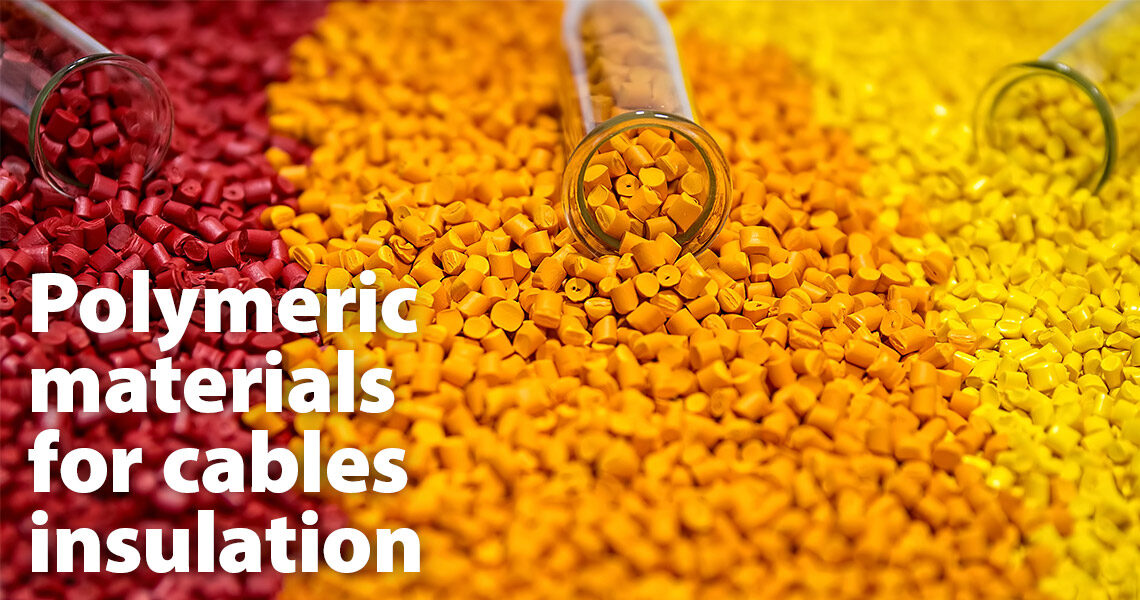- Family: Thermosetting (Cross-linked elastomeric compounds)
- Use: High-performance sheaths
General characteristics
Chloro Sulphonated Polyethylene, CSP (sometimes referred to as CSPE) is used in cables as a thermoset, cross-linked insulation and sheathing material with reasonable electrical and good physical properties. The combination of monomers in the polymer produces a genuine rubber polymer, and when properly compounded CSP compounds offer resistance to a wide number of fluids, solvents and similar materials. It is resistant to cold flow, the viscous flow of a solid at ordinary temperatures due to pressure from external loading such as clamping. Other mechanical properties include resistance to impact, abrasion, crushing and chipping. It is regarded as having superior mechanical properties to the majority of elastomers and is ideally suited for outdoor use, having extremely low water absorption properties, is not affected by ozone and has very high resistance to ageing by both sunlight and oxidation.
Processing
CSP polymer is compounded in standard rubber compounding equipment and formulated to produce the relevant final properties. CSP requires vulcanisation, and this is normally achieved by a sulphur-based system, though it is possible to use peroxides. Extrusion is by single screw process, with vulcanisation achieved using standard CV tubes or by various autoclave processes.
Uses of material/Cable types
It can be used as insulation for cables with a voltage rating up to 600V but is more widely used as a sheathing material for almost any type of cable that requires high levels of performance. It has a wide temperature range from -40°C up to +120°C and can be compounded to achieve even higher temperatures than this. It is also resistant to hydrocarbons, oils, greases and fuels and exhibits excellent fire-resistant properties, though the presence of chlorine in the polymer prevents its use in halogen-free applications.
Its properties lead to CSP sheathed cables being favoured in processing plants where airborne chemicals attack ordinary-duty sheathing materials and metal conduits. Its resistance to fluids and abrasion makes it particularly useful for use in mines and in oil & gas applications and offshore drilling rigs. It is not a cheap polymer, but the performance mirrors the cost. Along with other chlorinated polymers, it has come under pressure where smoke emission and toxicity fire performance is critical, and this has led to a reduction in use.
Standards
Cables manufactured from CSP compounds are included in the following standards:
- IEC 60092 – series
- IEC 60245 – series
- BS EN 50525 – series
- BS 6708
- BS 6883
- BS 7655
- BS 7917
- DIN VDE 0207 – series
List of Polymeric materials for cables used:
- Chlorinated Polyethylene – CPE
- Chloro Sulphonated Polyethylene – CSP
- Crossed Linked Polyethylene – XLPE
- Ethylene Propylene Rubber – EPR and EPDM
- Fire performance Silicone Rubber
- General Purpose Silicone Rubber
- LSZH Cross linked
- LSZH Thermoplastic
- Nylon
- Polyethylene
- Polyethylene – PE
- Polyvinyl Chloride – PVC Insulation
- Polyvinyl Chloride (PVC) Sheath
- PVC Nitrile










